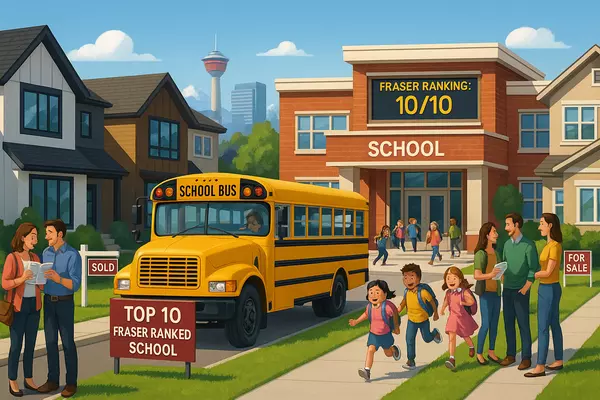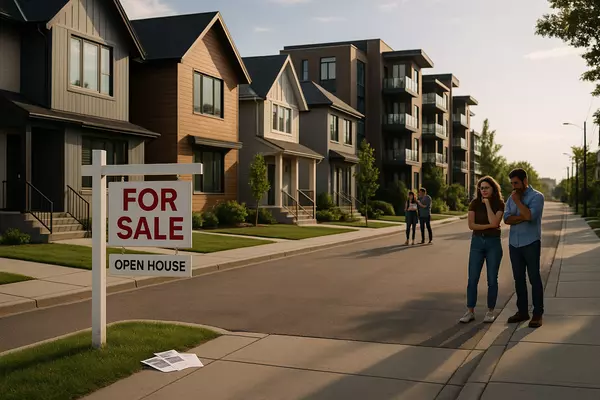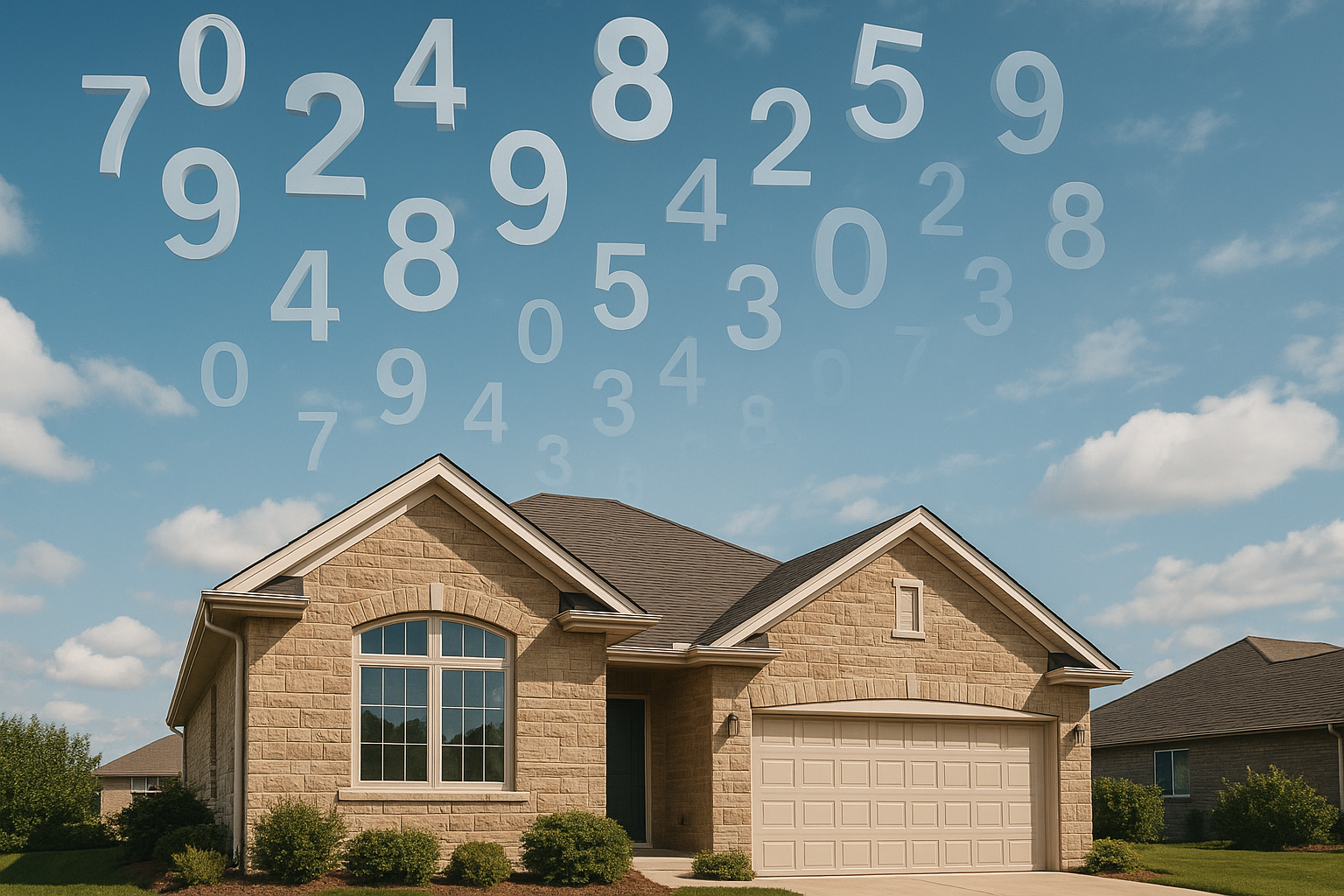How AI Technology is Changing Calgary Home Valuations: A Buyer's Complete Guide 2025
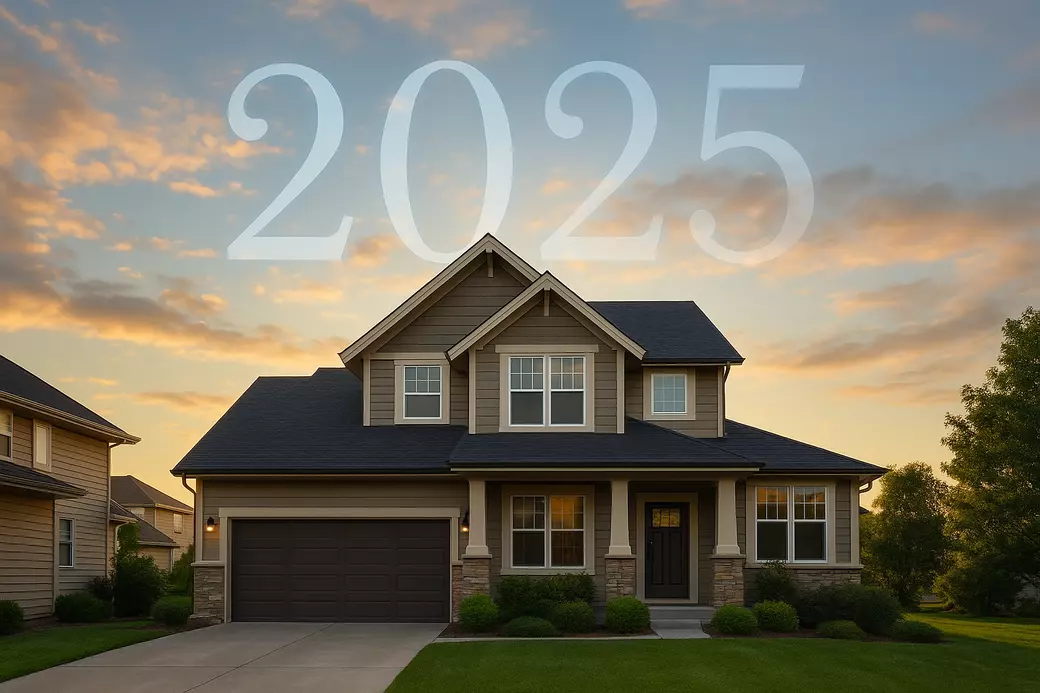
How AI Technology is Changing Calgary Home Valuations
A Buyer's Complete Guide 2025
*Names in this blog have been changed for privacy reasons
In my 8 years helping Calgary families navigate real estate transactions, I've watched artificial intelligence transform how we value properties. From completely manual processes in 2017 to today's sophisticated AI systems, the changes have been dramatic – and not always straightforward.
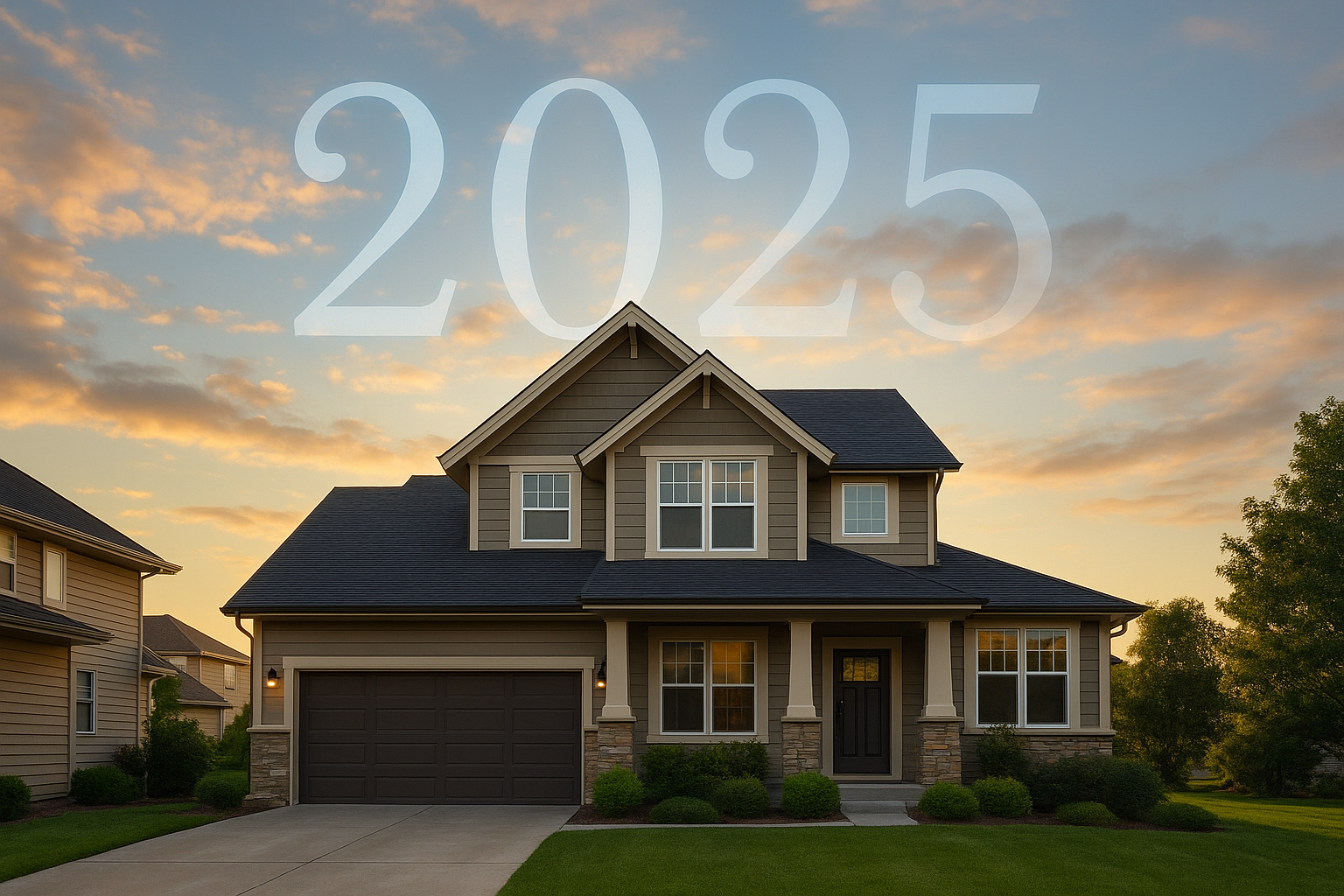
Jennifer's confusion isn't unique. As AI-powered home valuations in Calgary become more prevalent, I'm seeing buyers, sellers, and even industry professionals struggle to understand what these new technologies mean for real estate decisions. Today, I want to share what I've learned about the good, the bad, and the sometimes ugly reality of AI in Calgary's real estate market.
The Good: How AI is Making Calgary Home Valuations More Accurate
Let me start with a success story that perfectly illustrates AI's potential. Back in March, I worked with David and Sarah (names changed for privacy), first-time buyers looking in Hillhurst. They'd fallen in love with a 1960s bungalow listed at $850,000 – but something felt off about the pricing.
"The listing had been sitting for 45 days in a hot market," David told me later. "We couldn't figure out if it was overpriced or if we were missing something."
Using AI valuation tools, we discovered the property was indeed overpriced by approximately $65,000 based on recent comparable sales, property condition algorithms, and neighborhood appreciation patterns. The AI system had analyzed:
The Speed Advantage That Changed Everything
What impressed me most was the speed. Traditional appraisals in Calgary currently take 5-10 business days. The AI analysis completed in under 30 seconds, giving David and Sarah confidence to make an informed offer at $785,000 – which was accepted within 24 hours.
Real-Time Market Insight:
AI systems update valuations continuously as new sales data becomes available. In Calgary's volatile 2024 market, this meant buyers could adjust their strategies weekly rather than relying on month-old comparable sales.
This connects to broader Calgary real estate technology trends I've been tracking. AI valuation tools are processing massive datasets that would take human appraisers weeks to analyze:
- ✓ All MLS sales data updated in real-time
- ✓ Property tax assessment changes
- ✓ Building permit records
- ✓ Economic indicators affecting local markets
- ✓ Seasonal adjustment factors specific to Calgary
The Bad: When AI Gets Calgary's Market Wrong
But Jennifer's story from the introduction highlights AI's significant limitations. Here's what happened next with her Kensington property pursuit – and why understanding AI's weaknesses potentially saved her $40,000.
The AI valuation tool had rated the property at $785,000, significantly higher than the traditional appraiser's $720,000 assessment. The difference? The AI system couldn't account for several Calgary-specific factors that I've learned to recognize over my years in this market.
The Kensington Flood Zone Reality
In my 8 years of Calgary real estate, I've learned that certain neighborhoods carry risks that AI systems consistently miss. Jennifer's dream home was in a micro-location that experienced flooding during the 2013 Calgary floods – information that doesn't always appear in standard datasets.
"The AI tool was comparing it to houses just three blocks away that had never flooded," I explained to Jennifer. "But that three-block difference represents a $50,000+ value gap in buyer perception and insurance costs."
The Human Element AI Can't Replace
Last fall, I worked with Michael and Janet on a Bridgeland property where AI valuation suggested $960,000. However, walking through the home revealed foundation issues that satellite imagery and public records hadn't detected. A traditional appraisal ultimately valued it at $875,000 – saving my clients from a massive overpay.
This experience reinforced something I've learned: AI excels at large-scale data analysis but struggles with property-specific conditions that require physical inspection and local market intuition.
The Ugly: When AI Bias Impacts Calgary Neighborhoods
The most troubling AI limitation I've encountered involves subtle but significant biases in certain Calgary neighborhoods. This connects to broader discussions about fair housing practices in Calgary real estate, but the AI component adds new complexity.
The Forest Lawn Case Study
Earlier this year, I noticed AI valuations consistently undervaluing properties in Forest Lawn compared to similar homes in other southeast Calgary neighborhoods. The pattern was clear across multiple AI platforms:
"It became clear that AI systems were incorporating historical bias patterns rather than Current market realities," I realized while reviewing dozens of valuations across southeast Calgary.
The issue wasn't malicious – it was algorithmic. AI systems trained on historical sales data were perpetuating past undervaluation patterns, even as Forest Lawn experienced genuine appreciation and community investment.
The Implications for Calgary Buyers and Sellers
This algorithmic bias creates real market distortions. Sellers in affected neighborhoods might accept lower offers based on AI-generated "market values," while buyers might overpay in areas where AI overcompensates. Understanding these patterns has become part of my responsibility as a Calgary real estate professional.
How to Use AI Home Valuations Wisely in Calgary's Market
After navigating hundreds of transactions involving AI valuations, I've developed a framework for clients that maximizes AI's benefits while minimizing its risks.
The Three-Source Valuation Strategy
Here's the approach I now recommend to all Calgary clients, refined through years of market experience:
Start with AI for market context
Use 2-3 AI platforms to establish baseline range
Layer in professional appraisal
Especially for properties over $800,000 or in unique locations
Apply local market intelligence
Factor in neighborhood-specific trends and upcoming developments
Red Flags: When to Question AI Valuations
Through my experience, certain situations warrant extra scrutiny of AI-generated valuations:
- 🚩 Properties near the Bow or Elbow Rivers (flood risk considerations)
- 🚩 Homes in rapidly changing neighborhoods like East Village or Bridgeland
- 🚩 Unique architectural styles uncommon in Calgary's housing stock
- 🚩 Properties with significant renovations completed within 2 years
- 🚩 Listings involving estate sales or other non-typical circumstances
The Future of AI in Calgary Real Estate: What's Coming
Looking ahead, based on industry trends I'm monitoring and conversations with technology providers, AI's role in Calgary real estate will continue evolving rapidly.
Emerging Technologies on Calgary's Horizon
Several developments will likely impact our local market over the next 2-3 years:
Drone Imagery Integration
Real-time property condition assessment
Calgary-Specific Training
AI models trained exclusively on local market patterns
Economic Indicators
Oil prices, population growth, and policy changes factored in
Lifestyle Scoring
Commute times, amenity access, and quality-of-life factors
This evolution connects to broader Calgary real estate market predictions I discussed in previous analysis. As AI becomes more sophisticated and Calgary-specific, its accuracy should improve – but human oversight will remain essential.
Making Smart Decisions: Your Calgary AI Valuation Action Plan
As I wrap up this deep dive into AI home valuations, let me share the practical framework I use with clients to navigate this new reality effectively.
For Calgary Home Buyers:
- 1
Use AI as your starting point
Generate initial property value estimates before viewings
- 2
Understand the limitations
Factor in Calgary-specific risks and opportunities
- 3
Verify with local expertise
Combine AI insights with professional market knowledge
- 4
Time your decisions strategically
Understand how AI updates affect market perception
For Calgary Home Sellers:
- 1
Monitor multiple AI platforms
Understand how your property appears across different systems
- 2
Address AI-detectable issues
Fix problems that algorithms can identify from public data
- 3
Highlight unique features
Ensure distinctive property elements are documented and visible
- 4
Price strategically
Consider both AI ranges and human market analysis
The Bottom Line on AI Home Valuations
Remember Jennifer from the beginning? We ultimately negotiated her Kensington home purchase at $735,000 – right between the AI and traditional appraisal figures. By understanding both perspectives and applying Calgary-specific market knowledge, we found the true value that satisfied all parties.
"Working with JN taught me that AI is an incredibly powerful tool, but it's not a replacement for local expertise," Jennifer reflected after closing. "The combination of technology and human insight gave me confidence in one of the biggest decisions of my life."
That's the future of Calgary real estate: not AI replacing human expertise, but technology enhancing professional judgment to deliver better outcomes for buyers and sellers. As these tools continue evolving, the real estate professionals who master both technological capabilities and local market nuances will continue providing the most value to their clients.
The key is understanding that AI home valuations in Calgary are most powerful when combined with experienced professional guidance – exactly what you should expect when making such significant financial decisions in our dynamic market.
Categories
Recent Posts





